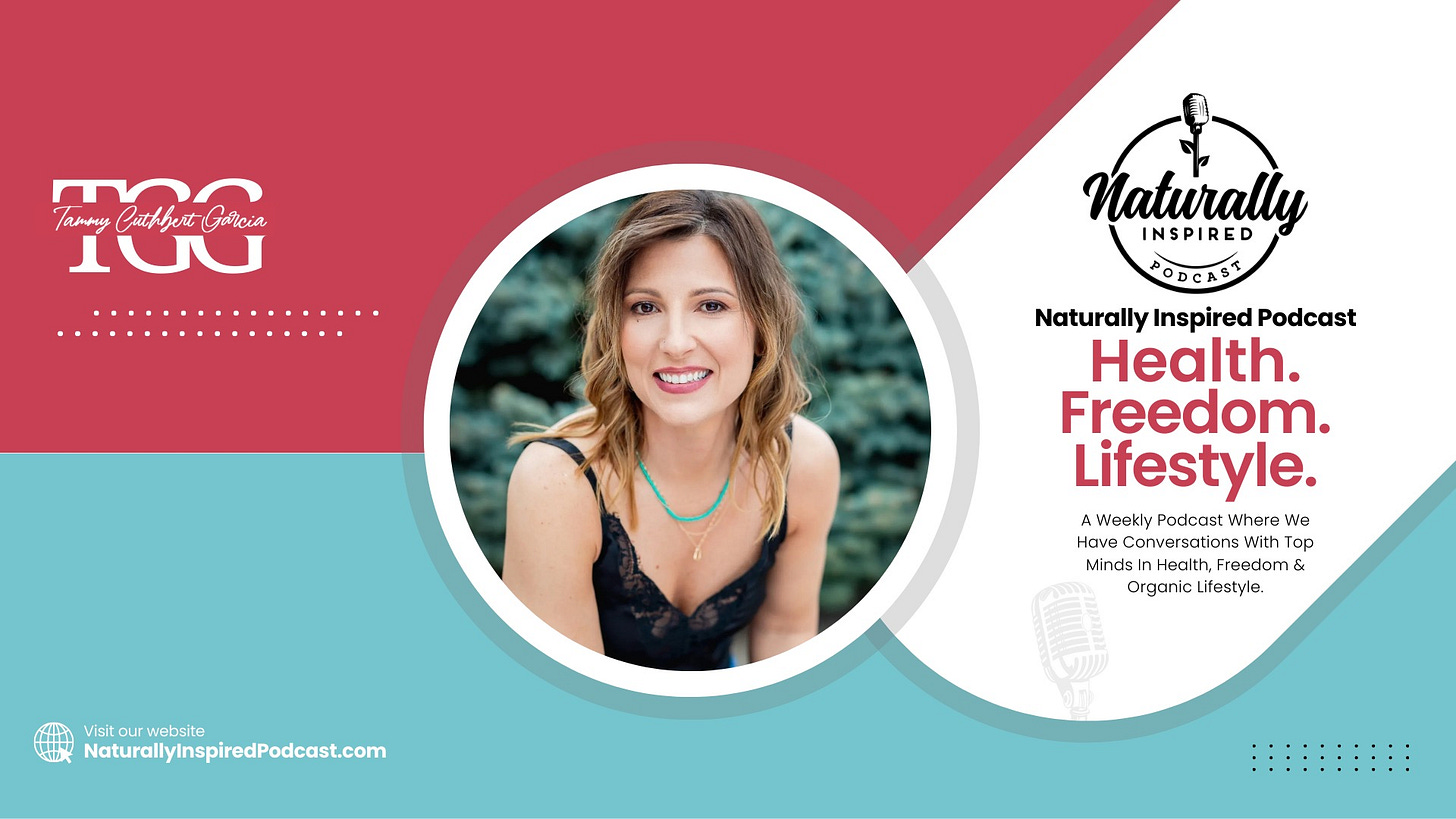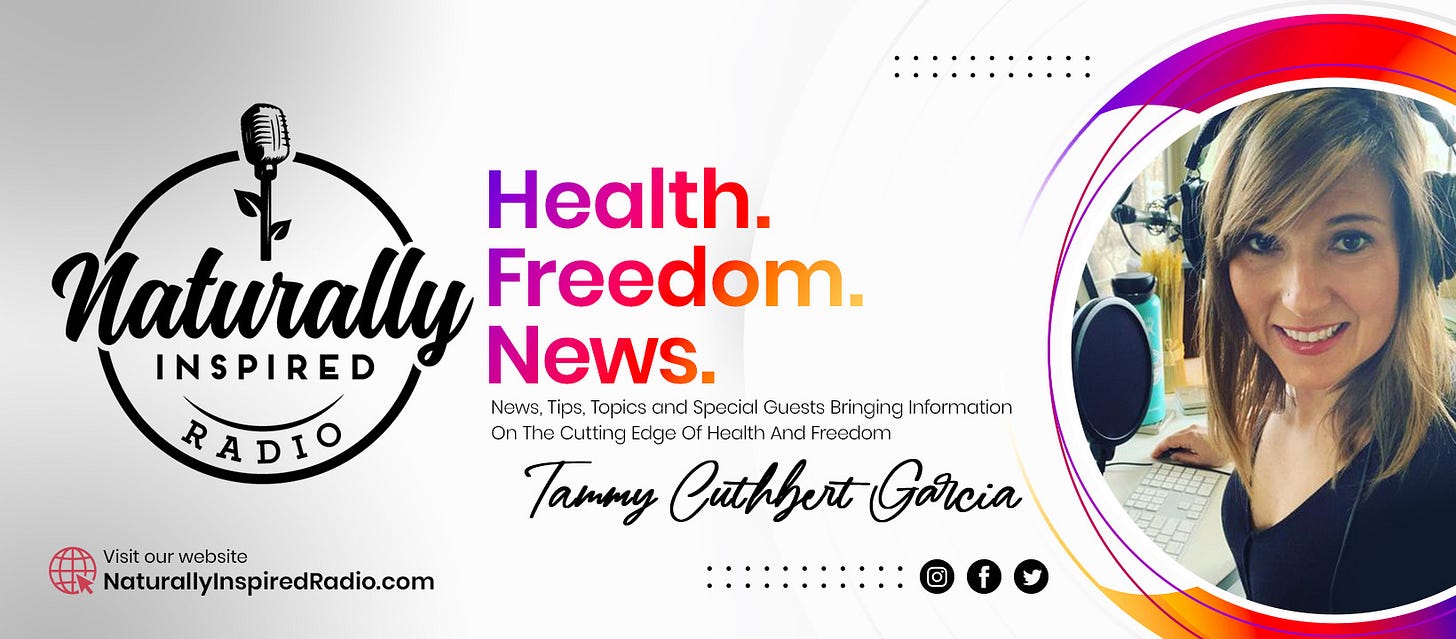Let’s talk mental illness. Does that make you uncomfortable?
Mental illness used to be something that came with a stigma. People shied away from talking about it. Long ago we didn’t understand it at all so we avoided it. We even invented reasons for it such as it was a spiritual demonic possession.
.
Full Disclosure
I am all for acceptance. I am all for inclusion and I am deeply empathetic to people who are suffering. This is what drives me to ask the tough questions. I am completely committed to finding solutions for healthy living.
.
That’s why I have to ask, Are we helping mental illness when we promote and allow people to identify as it?
.
Let’s take a look back.
.
Why was mental illness taboo? This is an excerpt from an article on the history of mental illness.
.
“Mental health stigma can either be public stigma, self-stigma, or a combination of the two.
.
Public stigma includes stereotypes and discrimination held by the general population. A person can adopt public stigma and hold negative beliefs even before developing a mental illness.
.
Stereotypes include beliefs that people are responsible for their mental health issues or that those with mental illness are more likely to be dangerous.
.
Common forms of discrimination include denying someone housing or turning down someone for a job based on their mental health.
.
Self-stigma happens when someone with mental illness applies negative public views to themselves. They observe others’ negative attitudes. Often, they believe they are unworthy or should be able to control their symptoms through willpower.
.
When someone takes on beliefs like these, it’s easy for them to feel isolated, misunderstood, or that they’re the underdog. They may hesitate to apply for housing, get medical care, and participate in community activities.”
.
I can understand the concern here. Nobody wants people who suffer from mental illness to not get help, the treatment they need or suffer in silence due to stigma.
.
However, I think we’ve hit a tipping point.
.
Having been born and raised in Canada something I observed about America from afar was that Americans for the most part do things in excess compared to other places in the world.
.
I live in the US now and I love America for this reason and for many reasons, it’s my favorite country in the world. That said, some of our strengths can be both a blessing and a curse.
.
Our tendency to overdo things seems to be at play here with mental illness. Did we overdo undoing the stigma attached to mental illness? Have we created a society that now promotes mental illness?
.
I am not isolating this issue to the US however because of our massive influence on the world stage we often have a worldly impact. This isn’t just happening here in America.
.
From another article on the topic.
.
“Ten years ago, mental health was something few people talked about in the public eye—unless you count the faux-concerned speculation that followed outbursts like Britney Spears' shaved-head, caught-on-film breakdown. But lately, it seems there's a new openness about the topic from stars of all stripes (be it Selena Gomez, Lady Gaga, Demi Lovato, or Amanda Seyfried), making it okay—and even encouraged—to be vocal about issues like depression and anxiety”.
.
“As more celebs come out and get a supportive response, it's encouraging other people to do so, too—and the truth is, people need support and understanding to be their best selves."
.
Is it possible mental illness diagnosis are becoming a social contagion?
There are social media accounts with millions of followers based on the account holders mental illness. These people are considered “influencers”. Should we be influencing with mental illness?
.
The Danger of Social affirmation.
.
Autism is listed in the DSM-5 (Diagnostic Statistical Manual) but it’s also known as a developmental disorder. It’s classified as a neuro developmental disorder on the NIH website.
.
My anecdotal experience (not an isolated incident)
I met with a lady for a business consult. She was knowledgeable, held multiple degrees and was seeking advice for her project. I saw no indication of developmental disability whatsoever. She declared her previous business success history and we interacted like professionals. Her interest in theater was prominent.
.
I later attended a networking meeting that this same woman was present at. Her behavior at this meeting was vastly different. It was a group setting with an invited speaker presenting. The woman interrupted the speaker many times. She blurted out information and even pulled out a product to share with the audience that diverted the audiences attention from the speaker.
.
When the audience appeared to be responding to her as though she was being disruptive she quickly announced that she was autistic and proceeded to interrupt.
.
Imagine my shock and surprise when she announced this. I had no idea!
.
I am acquainted with families who have children who have been diagnosed with autism. I’ve also worked in school settings with children with autism diagnosis. This woman’s symptoms matched none of those children’s symptoms.
.
The Spectrum
What is meant by spectrum? How far does the spectrum go and when do we start to invent new symptoms to add to the spectrum? And how do we determine what is a symptom and what is a trait?
.
Here’s the definition,
Spectrum: any of a group of disorders each having symptoms that occur on a continuum and certain features that are shared along its spectrum but that manifest in markedly different forms and degrees.
.
“That manifest in markedly different forms and degrees?”. So what’s the limit? Is there a limit? When does a “symptom” land outside the spectrum.
.
Is this woman’s diagnosis of autism characterized by her inability to practice self restraint? Is that a disorder?
.
If I don’t like sitting at my desk to work longer than an hour or so does that mean I have Attention Deficit Disorder? Learning to concentrate is a skill set. It improves as we develop over time with practice:
.
Could these “symptoms”be personality traits? I’ve never been diagnosed with ADD, but I’ve also never asked anyone. I definitely have a knack for tuning out of conversations especially when they involve technology, but I can sit and write for hours when I am interested in my topic.
.
Does that mean I am ADD? What if I just told my husband I can’t have these technology conversations with him anymore my ADD won’t allow it. Hmm. Sounds somewhat enticing.
.
Look Around
How many people do you know now carry a mental disorder diagnosis? Is it possible we are looking for diagnosis to explain why we don’t practice self discipline in some cases?
.
Is the spectrum a classic case of pharma collecting more customers? Diagnosis’s need solutions. In our society prescription medicine is the solution. We are perfectly trained to medicate our symptoms away. There is no shame in being on prescription medication and today there is reward for owning your diagnosis and being brave enough to talk about it. Big reward! Sometimes in the form of millions of followers on your social media account.
.
It’s hard to refute that we are a society that is in crises with personal responsibility. Obesity rates are high, we use more prescription meds than any other country in the world. We are more willing to use weight loss drugs to lose weight rather than adopt a healthy lifestyle for weight loss. Being overweight is categorized as a disease. Is something a disease if it is self inflicted? Or is it something else? Could it be a trauma response?
.
We should all consider that Informed consent to a lot of these medication doesn’t exist. Much of the side effects are ignored even compartmentalized as a second ailment for which more medication is then prescribed.
.
So what does it mean for the diagnosis aka disease when we allow people to self identify with it?
.
We may lose valuable data
We may be depriving others of the growth path they desperately need
We may be skewing the facts around these very life altering conditions.
We may be disabling people that are not disabled
We may be disrupting social order and creating chaos.
This may set us back or deter us from finding methods for healing.
When you take a serious look at this issue it’s easy to see that there is a lot at stake here.
.
With the reigns off of stigma and the influencer light on green we may be creating social contagion for diagnosis.
.
We should deeply consider the impact on society when we accept diagnosis when it may be a choice.
Become A Supporter Today for Exclusive Content Like Commercial Free Podcasts, Radio Shows, Health Tips And More…







